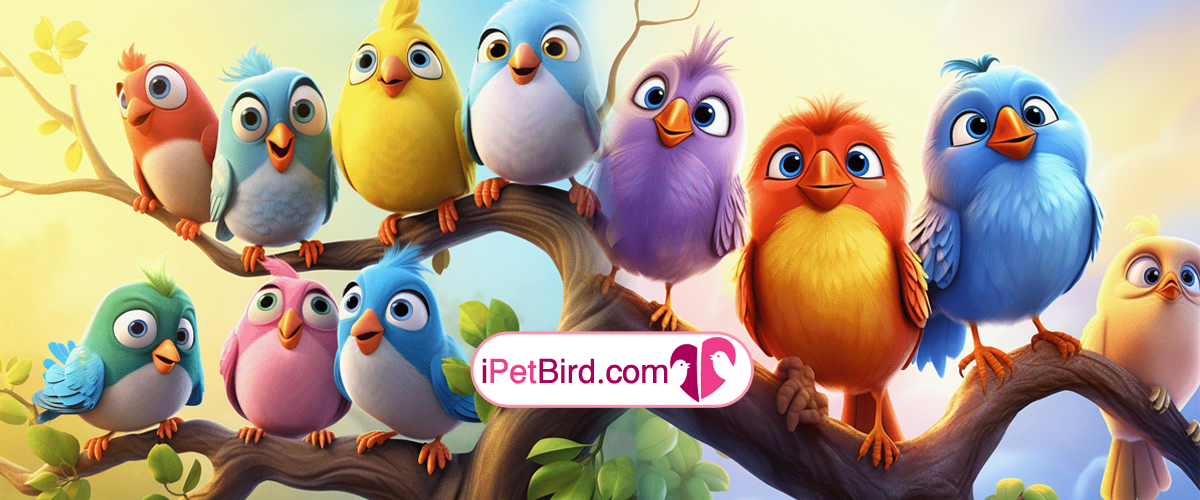Why Shouldn’t Ducks Eat Bread?

Just watching ducks in a pond can be exciting for you, thanks to the benefits of biophilia, which are reducing anxiety and feeling psychologically comfortable. Many people try to get through this feeling by throwing food to waterfowl, usually bread. In England and Wales, visitors to parks feed the ducks. Berry produces an estimated 6 million loaves of bread every year.
But although ducks enjoy eating bread, bread is very bad for them, and can lead to health problems such as obesity, malnutrition, and possibly a paralyzing condition known as angel wing. Too much raw food of any kind may also only put baby ducks at risk. By teaching him to beg instead of foraging, even the bread he doesn’t eat can harm local water quality.
Wildlife advocates in the United States and the United Kingdom have been advocating for this issue for years, to protect waterfowl like ducks, and to protect the ponds, lakes and rivers in which they live. There are three reasons why ducks do not eat bread, as well as some alternative foods that suit the beak.
1- Bread is harmful to ducks’ health:
Natural duck foods vary depending on the species, but most contain a very diverse diet. For example, ducks eat a mixture of plants and seeds in addition to insects, worms, snails, and crustaceans. Bread may provide calories, but it contains few nutrients that can be obtained. It has the ducks out of their habitat, and once the ducks are full, who wants to go looking for food? White bread in particular has no real nutritional value, so while ducks may find it delicious, the danger is that they will fill up on bread instead of other foods that could be more beneficial to them.
In young birds, malnutrition may lead to angel wing disease, a deformity in which the wing becomes spread rather than folded, often making flight impossible. This can be caused by a high-calorie diet, especially if it is low in vitamin D and vitamin D. E and manganese. The combination of extra energy and insufficient nutrients causes birds’ wings to grow rapidly over the wrist joints, causing deformity that usually cannot be healed by adulthood, often blamed on eating bread and the spread of angel wing disease in some gardens.

2- Raw food is dangerous for ducklings:
In addition to the nutritional problems posed by abundant bread, too much food of any kind raises a wide range of problems for waterfowl, including ducks. These include:
* Overcrowding: Ducks and geese naturally find habitats that provide enough food, but the food can attract large crowds to areas that do not normally support it, and the widespread dispersal of natural foods causes birds to eat in relative isolation, while competition between ducks is often intense. Aggressive and stressed in artificial feeding sites.
Read also: Causes And Solutions For Smallpox In Birds
* Disease: Lots of birds like ducks means lots of droppings, and that’s a health risk, both in the water and on land. Additionally, the New York Department of Environmental Protection points out, infectious diseases are not generally transmitted in the wild but find their way into crowded conditions.
* Late migration: Artificial feeding is known to weaken or even eliminate the migration patterns of waterfowl such as ducks, and they may be reluctant to leave a reliable food source despite the onset of winter, and then they struggle to survive as temperatures drop, especially if the cold does not affect them. Encourages their human nutrients.
Expectations: Our gift of food to ducks may also induce some other negative changes in bird behavior. When adult ducks become obsessed with eating bread freely, for example, they may fail to give their young enough education in foraging, thus committing them to a life like beggars. Once ducks become dependent on human-provided food, they tend to lose their fear of humans and behave more aggressively.
3- Food scraps have a double effect on ducks:
Some of the bread we throw away to waterfowl like ducks is inevitable, and if enough calorie-dense foods accumulate in a pond, they along with all the extra duck droppings can lead to algae blooms that deplete oxygen from the water, known as hypoxia, and this can It destroys pond life and eliminates the ducks’ natural food supply.
On land, any stray rotting remains can be particularly dangerous if ducks eat them. That’s also a danger when people feed ducks bread they’ve already spoiled, and as biologist Steve Carr recently told CBC News, it’s potentially fatal.
If things go bad, they contain green mold, and that mold actually causes certain diseases in ducks, and it causes lung disease and that can completely kill them,” says Carr, a professor at Memorial University in Canada.
This does not mean that it is wrong to feed waterfowl, and major experts and wildlife advocates want to convey to humans that moderation is appropriate, which means limiting the amount of food given to ducks as well as avoiding ponds where a lot of other people are already throwing food to the ducks. Bread is so far so good, although many other human foods come close to providing the right mix of energy and nutrients

















